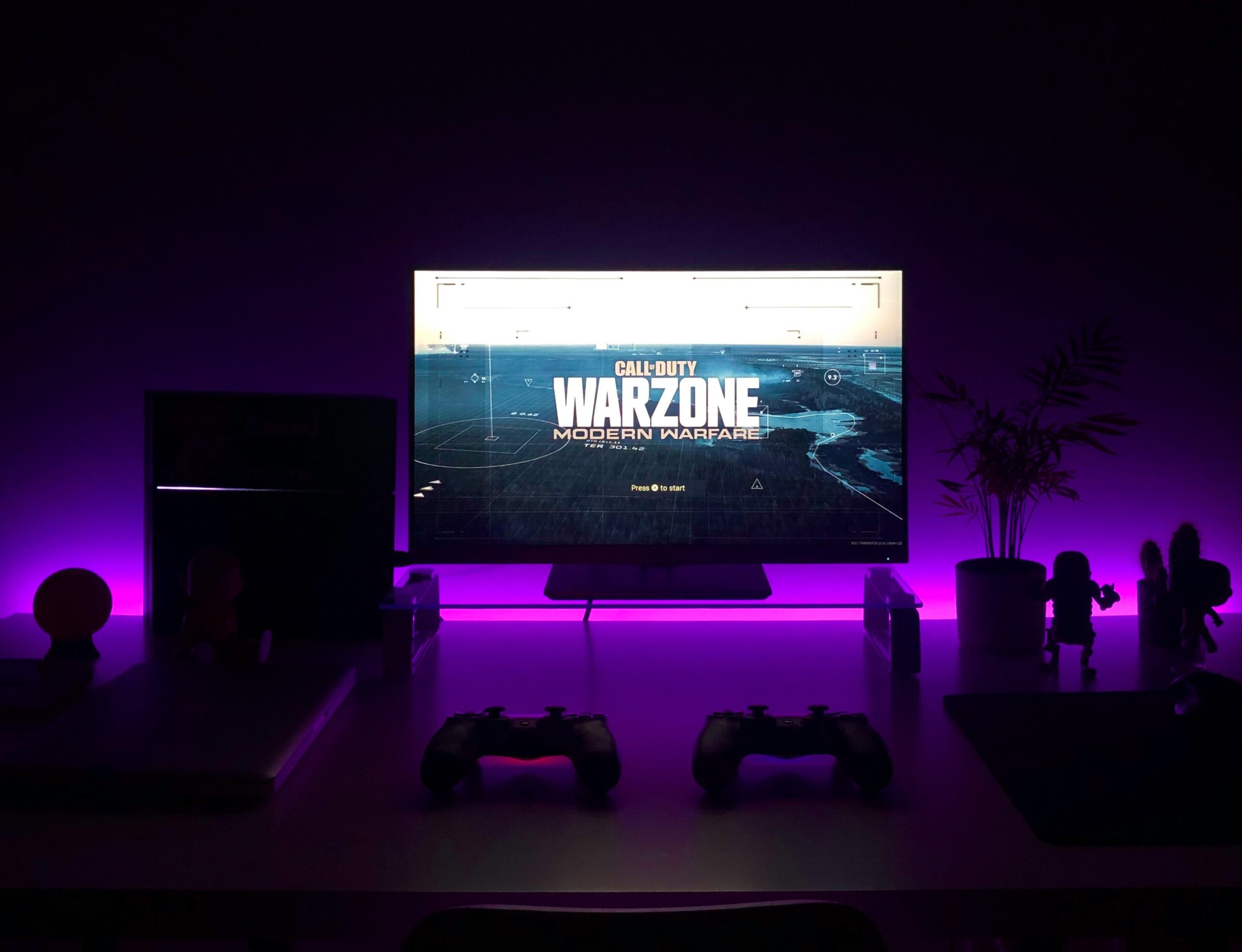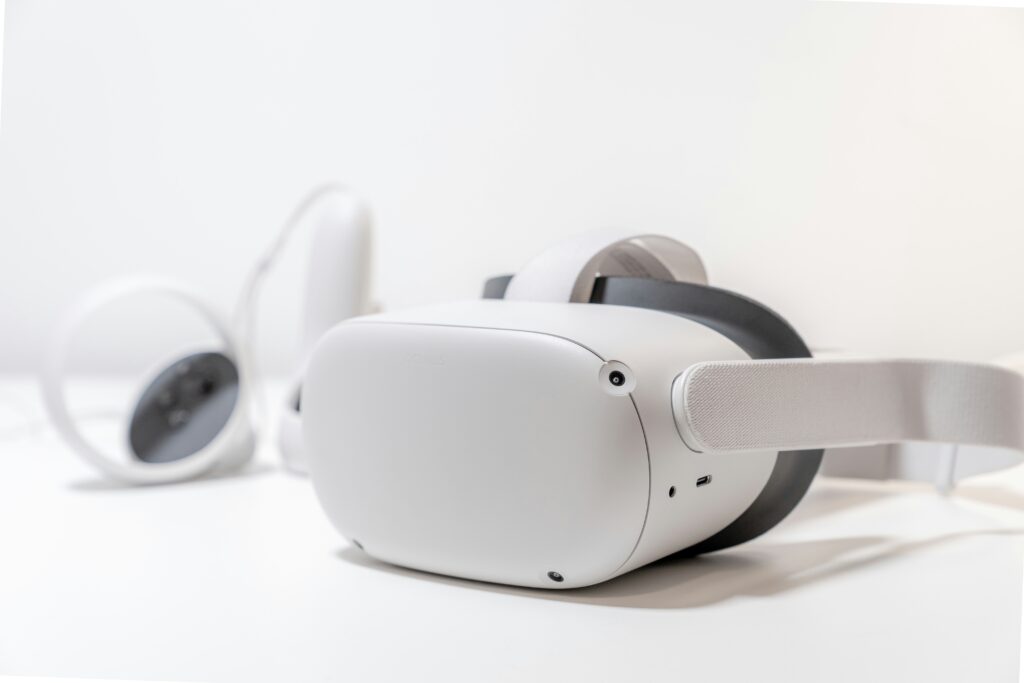
When most of us think of video games, we think of entertainment. Games can be a form of escape, allowing us to get away from our day-to-day lives. What many don’t realize is that gaming has some benefits we can apply to the real world, namely by helping us improve our problem-solving skills. If you think back to the last game you played, you can probably think of a puzzle you had to figure out or a challenge you had to overcome to progress in the game.
When you’re in the midst of a game, you most likely don’t have time to think about how much critical thinking and strategy it requires. Even if it’s not something we regularly ponder, the truth is that games make us put our thinking caps on, and that’s a good thing because the skills you develop as you make your way through these virtual worlds can come in handy in your everyday life. In this article, we look at how the challenges we face in gaming can help us improve our problem-solving skills.
How Games Challenge Players to Solve Problems
One of the most popular games in the world is poker, and it’s also one of the best at helping players develop their problem-solving skills. What sets poker apart from other games is it requires players to use a blend of strategy, critical thinking, and adaptability in just the right way if they want to be successful. More than just paying attention to the cards in their hands, players have to master reading their opponents, something that requires putting their critical thinking and analysis skills to work to determine if an opponent is bluffing, holding a strong hand, or trying to throw them off track.
While poker is somewhat unique in the range of skills a player has to use that can help them develop their problem-solving skills, it’s not the only game that pushes players to think creatively and critically. If you’ve played puzzlers like Tetris or Portal, you’ve had to refine your ability to recognize patterns and apply logical reasoning to progress in the game. In strategy games like StarCraft and Civilization, players have to engage in careful planning, resource management and be adaptable to navigate all of the different, complicated scenarios.
RPGs take this a step further, with players having to figure out complex storylines with quests, all of which require strategic decision-making and long-term thinking. While all of this takes place in a fictional game world, it’s not much different from the challenges that we all face in real-life situations when we need to solve a problem. Tackling these virtual problems gives gamers a way to develop techniques they can use outside of gaming.
Examples of Real-World Applications of Gaming Skills

The skills gamers develop while spending hours in diverse scenarios in gaming worlds are applicable across a variety of industries. Surgeons are beginning to use virtual reality simulation to improve their hand-eye coordination and precision, a skill often linked to gaming. Studies have shown that surgeons who played video games in the past were more skilled than those who’d never played before, while current gamers outperform non-players by a significant margin. In technical fields that rely heavily on spatial reasoning skills, like engineers and designers, video games can be helpful in teaching them to solve technical challenges and visualize complex structures.
A large number of today’s games are multiplayer titles, which are good at helping players develop leadership skills and learn how to work effectively in a group, skills that can translate into the workplace when problem-solving, leadership, and self-confidence are needed.
Are All Games Equally Beneficial?
Unfortunately, not every game you play will have real-world benefits, but that’s okay. Games are meant to be enjoyed first and foremost; any skills they help you develop are just icing on the cake. Educational and strategy games are the best for engaging cognitive processes, while action games place more emphasis on quick reflexes than strategic thinking. What’s most important is maintaining balance and, when possible, harnessing the power of video games to improve your problem-solving abilities and other cognitive skills.

